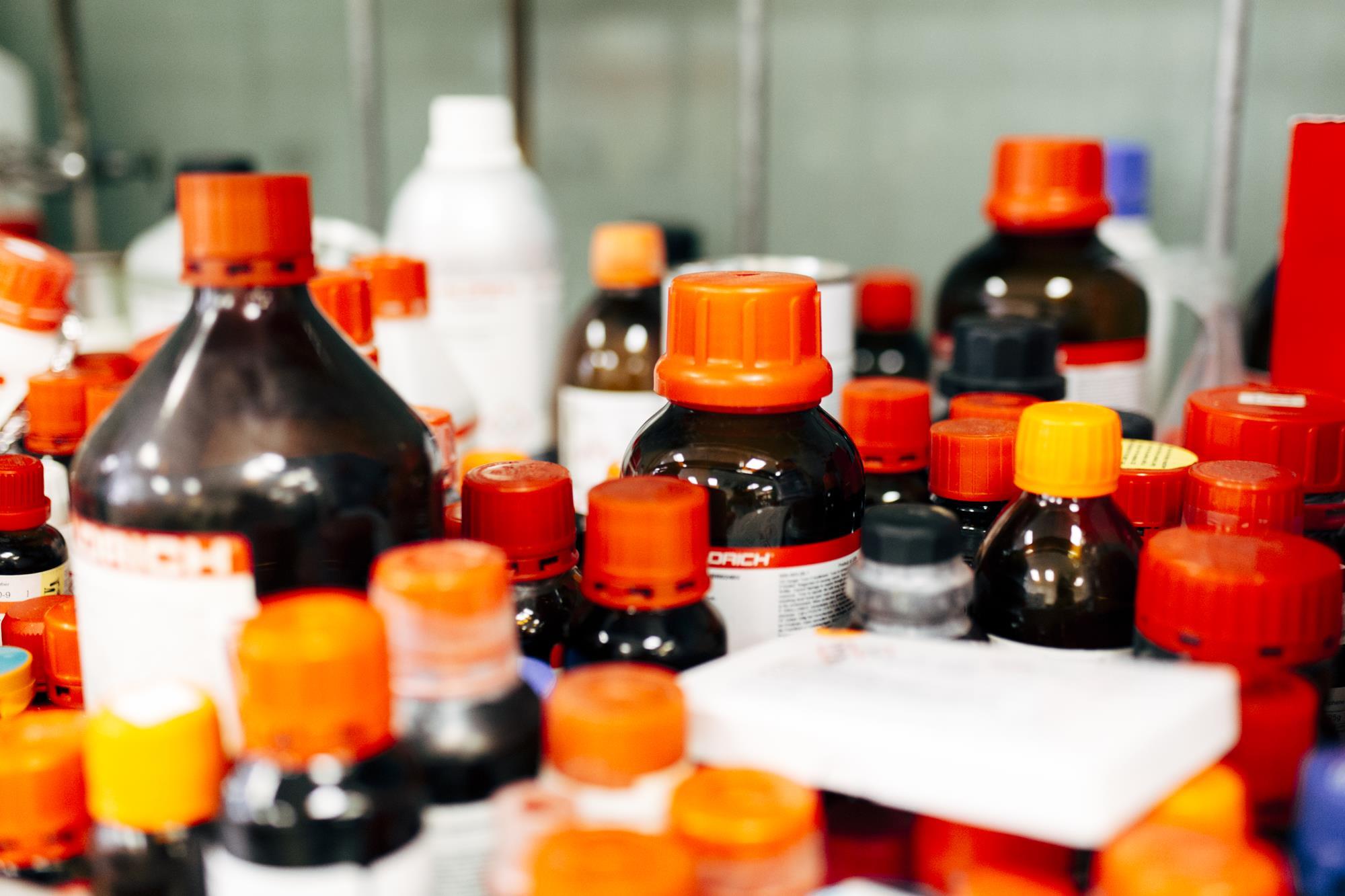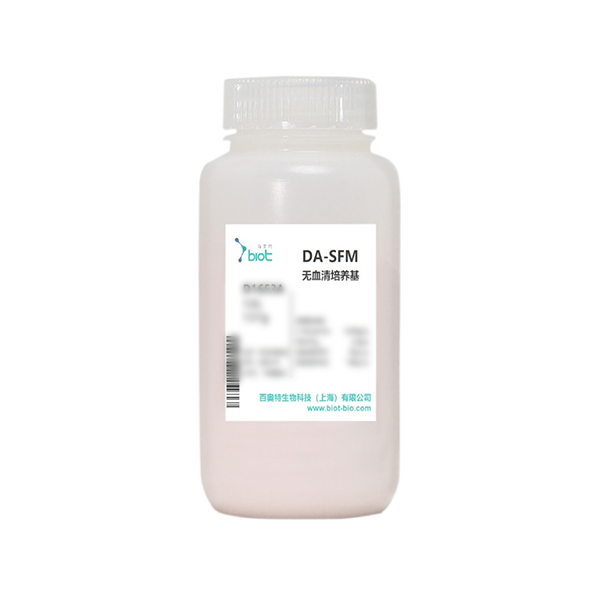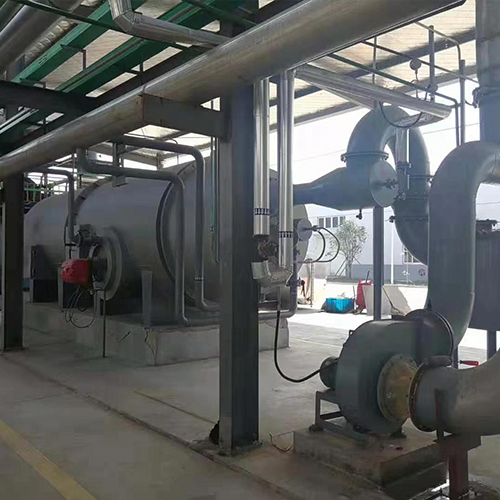
In the world of chemicals, there are two broad categories that play a crucial role in various industries: fine chemicals and heavy chemicals. While both types are essential for the production of numerous products, they differ significantly in terms of their characteristics, applications, and manufacturing processes. In this article, we will delve into the intricacies of fine chemicals and heavy chemicals, highlighting their differences and shedding light on their respective roles in different industries.
- Definition and Characteristics:
Fine Chemicals:
Fine chemicals, also known as specialty chemicals, are high-purity, complex chemical substances that are produced in relatively small quantities. They are typically manufactured through intricate synthesis processes, involving precise measurements and strict quality control. Fine chemicals are known for their exceptional purity, advanced functionality, and specific performance attributes. They find applications in industries such as pharmaceuticals, biotechnology, agrochemicals, and electronics.
Heavy Chemicals:
On the other hand, heavy chemicals, also referred to as commodity chemicals, are produced in large quantities and are characterized by their relatively low purity levels. These chemicals are often derived from basic raw materials such as crude oil, natural gas, minerals, or air. Heavy chemicals are used as raw materials in various industries, including petrochemicals, plastics, fertilizers, and textiles. They are typically produced through processes such as distillation, cracking, and polymerization.
- Manufacturing Processes:
Fine Chemicals:
The production of fine chemicals involves intricate synthesis processes that require specialized equipment and expertise. These chemicals are often manufactured in small-scale, batch production facilities to ensure precise control over the reaction conditions. The synthesis may involve multiple steps, including purification and isolation, to achieve the desired purity and quality. The emphasis on quality control and the need for advanced analytical techniques make the manufacturing process of fine chemicals more complex and time-consuming.
Heavy Chemicals:
In contrast, the manufacturing processes of heavy chemicals are generally more straightforward and involve large-scale production facilities. These chemicals are often produced through continuous processes, such as distillation or catalytic reactions, which allow for high-volume production. The focus in heavy chemical production is primarily on efficiency and cost-effectiveness, rather than achieving high levels of purity or complexity.
- Applications:
Fine Chemicals:
Fine chemicals find applications in industries where precision, purity, and advanced functionality are paramount. For example, in the pharmaceutical industry, fine chemicals are used as active pharmaceutical ingredients (APIs) in the production of drugs. They are also utilized in the development of specialty polymers, catalysts, and electronic materials. The high value and specific requirements of fine chemicals make them crucial for industries that demand tailored solutions.
Heavy Chemicals:
Heavy chemicals, being more basic and less specialized, are used as raw materials in various industries. For instance, they serve as feedstocks for the production of plastics, detergents, fertilizers, and synthetic fibers. Heavy chemicals are often produced in large quantities to meet the high demand of these industries. While they may not possess the same level of complexity or functionality as fine chemicals, heavy chemicals play a vital role in enabling mass production and meeting the needs of everyday consumer goods.
Conclusion:
In summary, the difference between fine chemicals and heavy chemicals lies in their characteristics, manufacturing processes, and applications. Fine chemicals are characterized by their high purity, complexity, and advanced functionality, while heavy chemicals are produced in large quantities with relatively lower purity levels. The manufacturing processes for fine chemicals are more intricate and require specialized expertise, whereas heavy chemicals are produced through more straightforward and cost-effective methods. Understanding these differences is crucial for industries that rely on these chemicals, as it enables them to make informed decisions regarding their specific requirements and applications.


